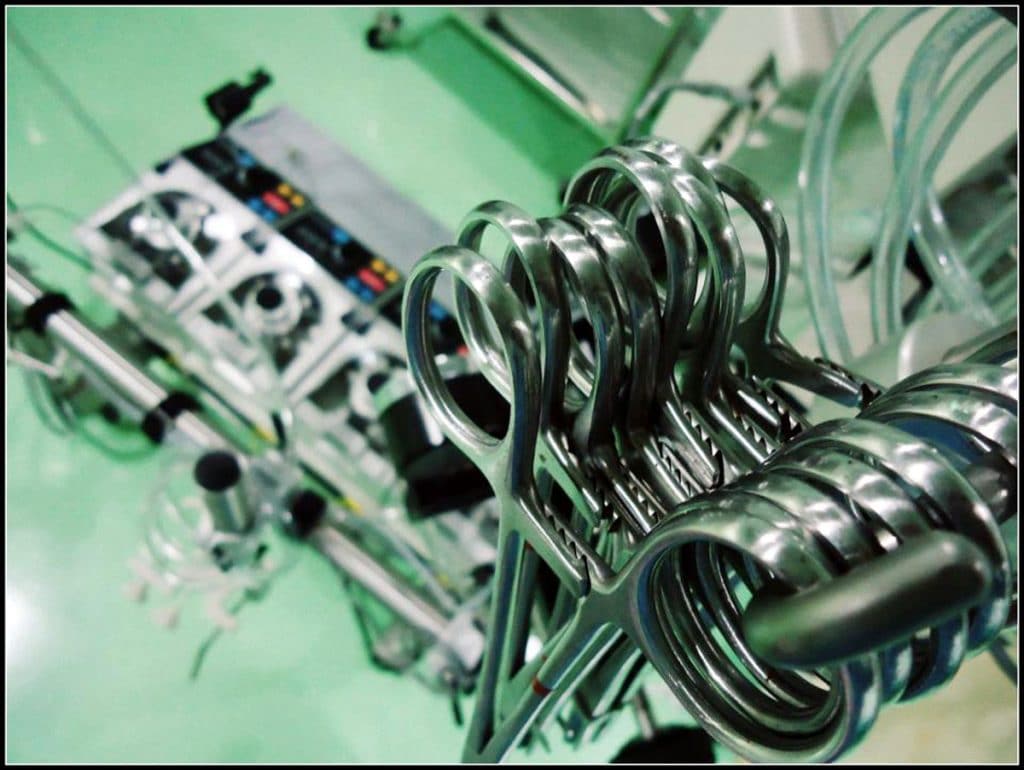A Comparison of Prothrombin Complex Concentrate and Recombinant Activated Factor VII for the Management of Bleeding With Cardiac Surgery

Bleeding following cardiac surgery that warrants transfusion of blood products is associated with significant complications, including increased mortality at 1 year following surgery. Factor concentrates, such as prothrombin complex concentrate (PCC), or recombinant activated factor VII (rFVIIa) have been used off-label for bleeding in cardiac surgery that is refractory to conventional therapy. The objective of this retrospective study is to assess the hemostatic effectiveness of 4-factor PCC or rFVIIa for bleeding after a broad range of cardiac surgeries. Patients were included if they were at least 18 years of age and had undergone cardiac surgery with bleeding requiring intervention with 4-factor PCC or rFVIIa. There were no differences observed in the number of packed red blood cells (4-factor PCC: 2 units vs. rFVIIa: 2 units), fresh frozen plasma (0 units vs. 1 unit) or platelet (2 units vs. 2 units) transfusions following the administration of 4-factor PCC or rFVIIa. The patients in the rFVIIa group, required more cryoprecipitate than those in the 4-factor PCC group (4-factor PCC: 2 units (range 0-6) vs. rFVIIa: 2 units (range 0-8), p = 0.03). There were no differences in secondary outcomes of chest tube output at 2, 6, 12 and 24 hours, nor was there a difference in reexploration rates or the median length of stay in the intensive care unit. Thromboembolic complications at 30 days were similar between the two groups (4-factor PCC: 13% vs. rFVIIa 26%, p = 0.08). The total median dose requirement for 4-factor PCC was 1000 units (15 units/kg) and 2 mg (20 mcg/kg) for rFVIIa. The results demonstrate feasibility of utilizing the minimum amount of drug in order to achieve a desired effect. Both 4-factor PCC and rFVIIa appear to be safe and effective options for the management of bleeding associated with cardiac surgery.
